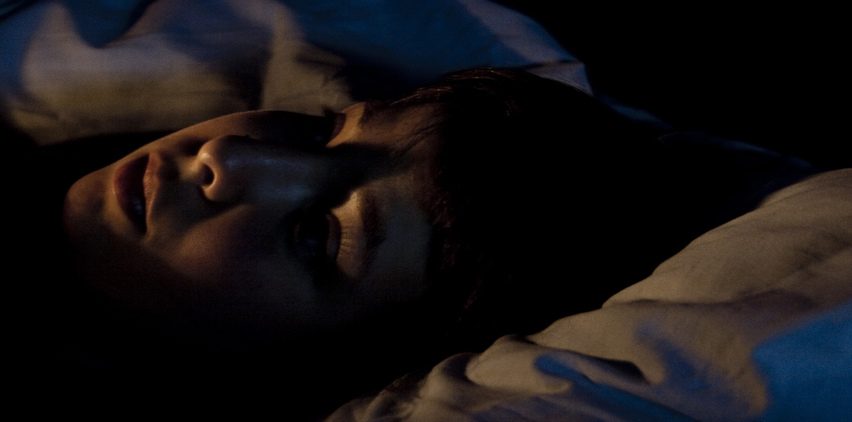

August 2, 2018 | Categories: Sleep
If you’re reading this with bleary eyes, holding your head up, or (gasp!) on your phone in bed while searching “Is insomnia curable?” in the middle of the night, I feel for you. And, you’ve probably heard some rendition of Fields’ quote from a well-intentioned loved one when unable to sleep. Anyone who’s experienced a sleepless night can empathize with those who encounter a sleep disorder often. The definition of insomnia is “habitual sleeplessness; inability to sleep,” but how many nights of losing sleep qualifies as “habitual”? Does an inability to sleep mean you can’t fall asleep, stay asleep, or wake up earlier than preferred?
“There are more than 85 recognized sleep disorders, the most recognizable of which may be insomnia, sleep apnea, narcolepsy, and restless leg syndrome,” says Michael J. Breus, Ph.D., a California-based board-certified sleep specialist, and author of “The Power of When.”
“Anxiety plays a tremendous role in insomnia,” he says. “The more anxious a person is, the worse they are going to sleep. When you give people ways to control that level of anxiety, insomnia will get better.”
Here’s how your eating habits affect your sleep.
“I don’t view [insomnia] as a disease or a disorder,” says regular meditator Jose Colon, M.D., M.P.H., author of “The Sleep Diet, A Novel Approach to Insomnia” and creator of Paradise Sleep. “I view it as a symptom. Sleep medications may make you comfortable, but you’re not getting to the underlying [problem].”
There are different types of insomnia, says Breus. Insomnia can be associated with pain, anxiety, depression, medications, or other medical disorders.
“People [should] figure out, ‘What have I got?’ and if they have more than one kind of insomnia. That can direct you down a path that makes it easier to seek a [resolution],” says Breus. (Here are sleep lessons we can learn from animals.)
“I define insomnia with a rule of three. If it takes longer than 30 minutes to fall asleep, or you wake up and can’t go back to sleep for longer than 30 minutes, and this happens to you more than three times a week for three weeks at a time or longer, you have insomnia,” Breus says.
How to use mindfulness to improve sleep and cure insomnia.
“Yes, insomnia is curable for probably 75 to 80 percent of the people who are suffering,” says Breus. Both sleep experts shared that curing insomnia takes work and commitment on the part of the individual.
Read the full article, Is Insomnia Curable on Headspace.com.
Leave a Reply